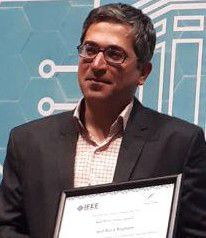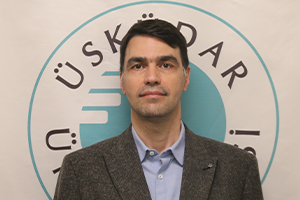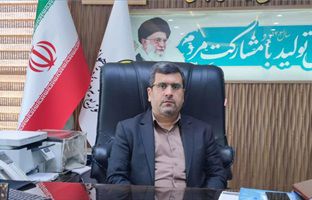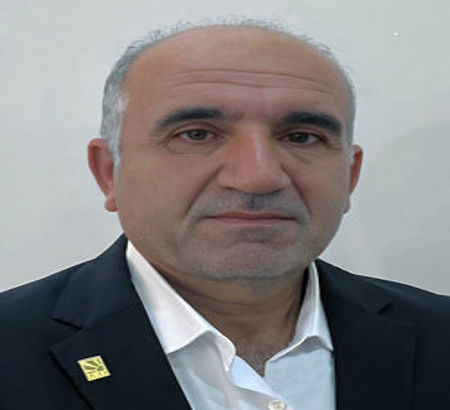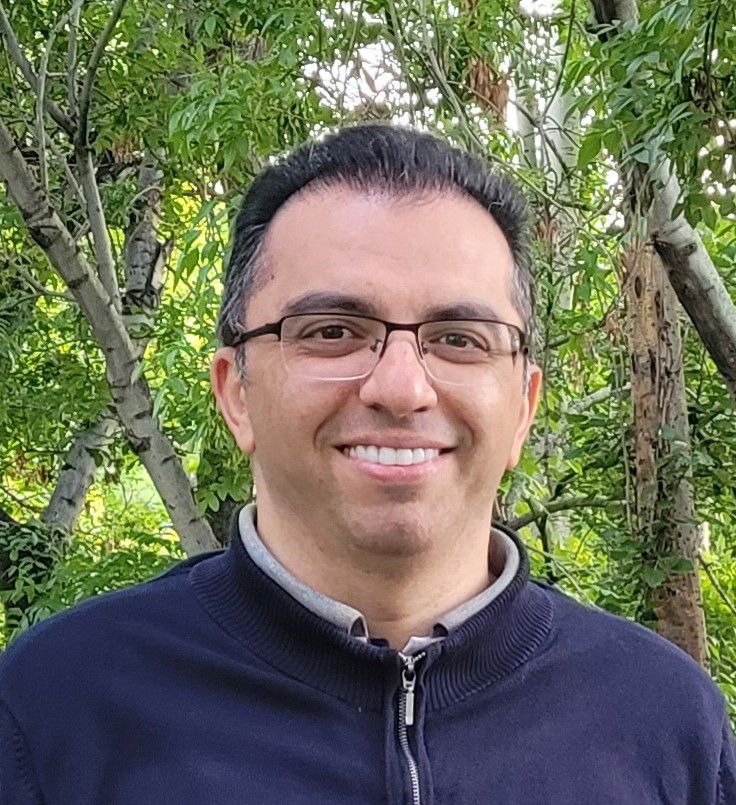
Login
Important Dates
Start of paper submission
2024-10-01End of paper submission
2025-01-29Notification of acceptance
2025-02-13Start coference lecturer
2025-02-25End conference lecturer
2025-02-26
Remaining time
End
Viewers' Statistics
Today : 7
Yesterday : 6
Current month : 71
Last month : 249
General statistics : 49,765
ISC Index


